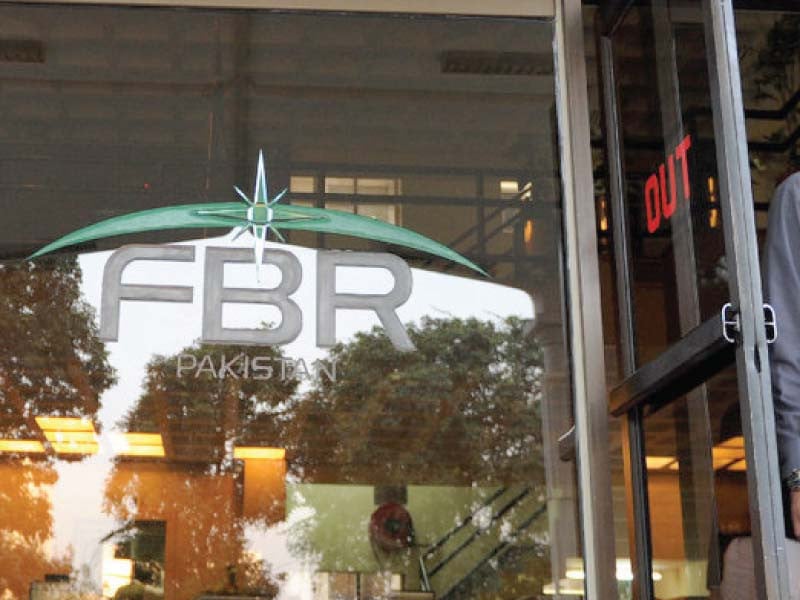ISLAMABAD
Due to broken production monitoring systems, big commodities producers evade billions of rupees in annual taxes, and plastic bag manufacturers have held the Federal Board of Revenue (FBR) accountable.

Industry participants have asked Muhammad Aurangzeb, the new Finance Minister, to step in. He is also in favour of end-to-end digitization of the tax system in order to stop leaks.
The Polypropylene Woven Sack Manufacturers Association (PWSMA) believes that enforcing code printing on plastic bags and code reader equipment on production lines will boost the formal economy by twenty percent.
The group has asked the finance minister to step in and mandate that codes be printed on plastic bags used by different industrial industries. Iskandar Khan, the chairman of the Polypropylene Woven Sack Manufacturers Association, has also corresponded with the minister of finance by letter.
In an effort to deter leaks, the association has brought attention to flaws in the FBR’s track and trace system at a time when digitising the FBR is becoming more important.
The International Monetary Fund (IMF) was updated on Thursday by Amjad Zubair Tiwana, Chairman of the FBR, on a number of initiatives, including the track and trace system and digital invoices.
All of the FBR’s previous efforts, notably the track and trace system, have not succeeded in producing the expected outcomes, and the organisation appears hesitant to embrace new technologies. The tracking system was put in place to record the actual sales figures for the producers of tobacco and sugar.
In order to bolster its Directorate General of Digital Invoicing, the FBR is currently seeking candidates for three additional grade 20 posts. The finance minister had asked the FBR to assess if more investment in machinery digitization was warranted, rather than endorsing the FBR’s recommendations about the 5,000 open posts.
According to Khan, the automated system for attaching paper stamps to polypropylene sugar bags for online transmission to FBR has failed, therefore the effectiveness of the track and trace system rests on the automation and delivery of production data online to FBR.
He disclosed that manual QR-Code paper stamp affixation has been permitted by the FBR, which has incentivized the usage of fake paper stamps.
The group has proposed that all polypropylene bags used in the production of chemicals, sugar, cement, fertiliser, feed, wheat flour, and rice be required to have QR-Codes printed on them.
It backs the finance minister’s plan to deploy QR-Code readers on production lines during the packing of industrial items and to issue digital invoices for online data transfer to FBR, both of which it claims will help plug leaks.
The Pakistani government will receive a substantial boost in tax revenue and widespread tax evasion will be eradicated with the deployment of QR-Code technology. In addition, Pakistan and the IMF have reached an agreement on the digitalization of invoices.
Khan stated that the finance minister’s opinions regarding the digitization of the tax system were encouraging to the industry. In 2020, plastic bag makers suggested implementing the Track and Trace system by printing QR-Codes on polypropylene bags.
Industry participants claimed that the greatest levels of illicit trade—which account for 20% of Pakistan’s formal economy because of exorbitant taxes, shoddy documentation, and weak enforcement—would vanish with the adoption of the proposed system. As a result, the formal tax-paying sector is undermined and a cash-based economy flourishes at the expense of billions of rupees in tax income.
Khan claimed that instead of printing QR-Codes on polypropylene bags as they were being produced at polypropylene factories and supporting them with digital invoices, the FBR chose to apply imported QR-Code printed paper stamps for the sugar industry under the track and trace system, in defiance of industry opposition.
Numerous industries have two sets of records: one for taxation and the other for actual sales and output. The original FBR efforts to track sales and extract real incomes have not aided in expanding the tax base or increasing revenue.









































